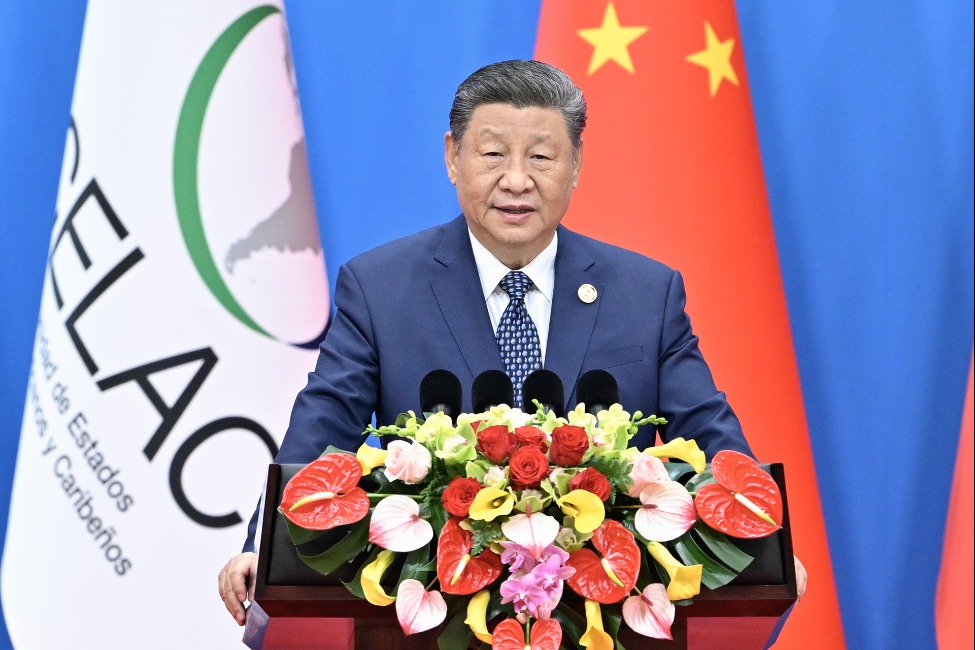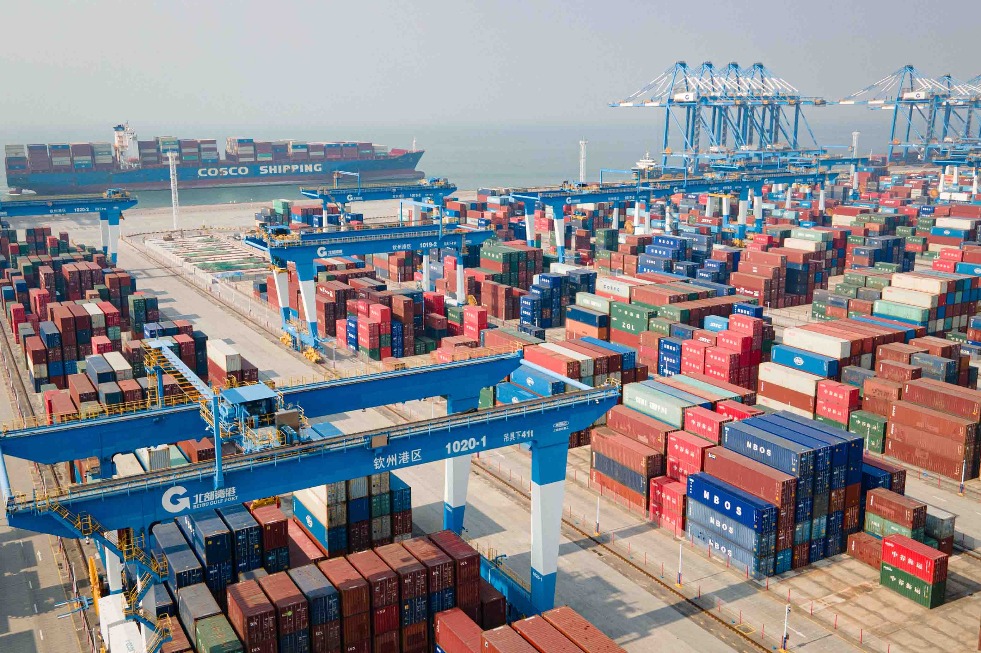Great Wall Motor sets up plant abroad


In the first half of next year, China's first full-fledged overseas automobile plant will begin operations in Russia's Tula region.
The $500 million facility of Great Wall Motor Co Ltd, China's largest SUV and pickup manufacturer by sales volume, is part of the automaker's plan to increase its global footprint.
With headquarters in Baoding, Hebei province, GWM is making its "biggest move" in overseas markets "since our first vehicle went abroad two decades ago", says Wang Shihui, the company's general manager for international market operations.
Wang joined GWM in 1999 as a salesman and has been a witness to its global development. According to Wang, the plant in Russia will make self-designed cars from scratch, not just assemble them like in many knock-down plants that GWM has set up overseas.
With an annual capacity of 150,000 units, the plant will supply to the Russia market and export some of its output to other European markets, Wang says.
"Once the Russia plant starts, our overseas volume is expected to increase enormously by 2020," he says, without offering any production targets.
The company said it exported 39,168 vehicles last year, up by 125 percent year-on-year. This year, exports are expected to reach 55,000 units.
"The current export volume is not big compared with our best year in 2012, when GWM sold about 100,000 vehicles in foreign countries," Wang says.
His immediate challenge is to fine-tune GWM's global strategy, maintain steady growth and brighten the company's brand image.
"We attach more importance to the good reputation of our vehicles than just a quantitative increase in sales," says Wang, who has been developing GWM's international market for 15 years.
He says the company learned the hard way how crucial it is to back up production with efficient after-sales operations. In 2012, GWM realized that rapid growth in exports caused problems in after-sales service and supply of spare parts.
"For more than a decade, selling more vehicles in more countries was the key aim of our global strategy," Wang says. Early success in exports led to a robust growth rate, which tempted the company to concentrate on boosting numbers initially, only to shift the focus to quality later.
Learning, adapting to changes and exploiting new opportunities have been the hallmarks of GWM's evolution over the years. For instance, when the company saw a market for pickups developing, it started producing them in the 1990s.
In 1998, a Chinese construction company bought 60 GWM pickups to be used in infrastructure construction projects in Iraq.
"At first, we only exported based on the orders that came in, still not thinking of exporting our products proactively," Wang says.
He and his dozen-strong team managed to increase exports via various channels. They found franchisees that helped exhibit vehicles in different countries.
Around 2010, nearly 100 countries imported GWM vehicles. "But we started to cut the export volume and vehicle types in 2012 when after-sales service issues emerged, which hurt our reputation. That influenced our long-term development strategies," Wang says.
"We started to focus more on the quality of products and after-sales service. We set up overseas research centers, sales branches and knock-down plants."
He says branches and plants were established to guarantee high-quality development overseas and were directly managed by corporate headquarters.
At present, GWM vehicles, mainly SUVs, are exported to about 60 countries. Ecuador, South Africa, Peru, Malaysia, Russia and Australia are the key export markets, Wang says.
"We are preparing to export our products to the US, India, Brazil and countries in Europe next."
It is not easy to sell China-made vehicles in markets like the US and Europe, where the automobile industry is well established and quality-conscious consumers and strict regulations and trade tariffs pose great challenges, he says.
"But given our achievements in the domestic market, we aim to grow into the world's SUV leader one day," Wang says.
According to GWM, its SUV sales volumes have topped the domestic market charts for 15 consecutive years since 2003.
Today's Top News
- Xi's Quotes: Shared wisdom in Chinese and Latin American cultures
- Xi replies to founder of Danish Chamber of Commerce in China
- New guideline bolsters green inspections
- China, Chile urged to create model of common development
- Exporters pivot to home market amid headwinds
- BRI diversifies paths for CELAC cooperation






























